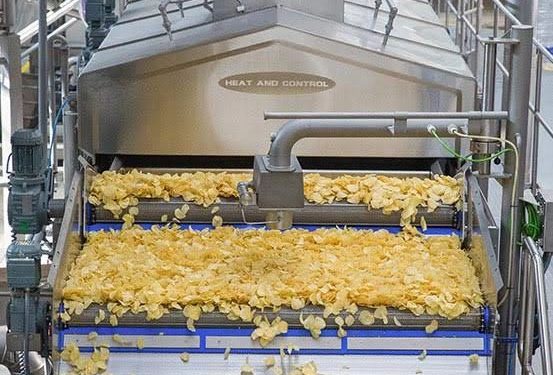How PepsiCo’s New Innovations in India are Reducing Water Usage in the Potato Processing Industry
PepsiCo has made significant strides in water conservation, implementing innovative technologies across its facilities, including membrane reactor technology in 21 plants and a peel rinse module in Casa Grande. However, the company’s latest advancement comes from its potato chip factory in Kolkata, India, where a new water-saving technique is being piloted.
In this facility, PepsiCo has devised a method to capture the steam generated when potato slices enter the fryer. This steam, derived from the moisture content of the potatoes themselves, is redirected to balance thermal processes as low-grade waste heat. The steam is then condensed into water, purified, and reused within the facility, significantly reducing the need for fresh water in production.
According to PepsiCo, this system will save approximately 14 million gallons of water annually on a standard potato chip line. This innovation represents a crucial step toward sustainability, as the company continues to focus on recovering and reusing as much water as possible. The water recovered in this process equates to about 60 million liters per year, a substantial amount that helps offset freshwater consumption.
With the Kolkata facility utilizing around 90,000 tons of potatoes annually, this breakthrough underscores the importance of integrating water-saving technologies in large-scale potato processing operations, benefiting both the industry and the environment.







